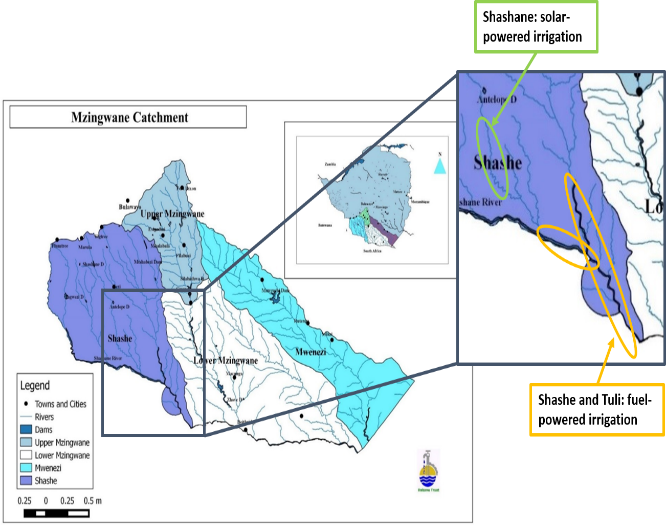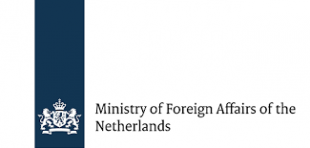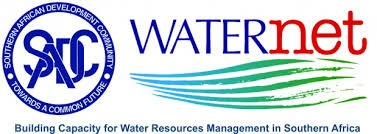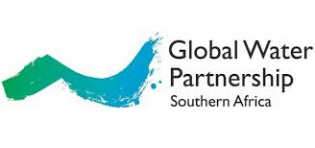Limpopo River Basin
The Limpopo River Basin: Where there is no fuel: potential for solar-powered private smallholder irrigation. A case study of farming families along sand rivers in southern Zimbabwe
Private smallholder irrigation is a much praised advancement in sub-Saharan Africa for which attention has recently risen among academia and in the development sector. Although mostly informal, these farming families are acknowledged for their significant contribution to food security, and moreover, for their adaptive capacity to deal with biophysical and climatic shocks. However, in the arid lands of southern Zimbabwe, recent studies indicate that there are limits to this adaptive capacity. As a result of severe economic crisis, access to energy (fuel) is one of the most challenging factors in private smallholder development as they currently rely on small motorised fuel pumps. They use a unique water source, sand river aquifers, which provide a reliable and annually recharged source of water. However, to access this water, they need to invest in technology and mobilise energy, which have been found extremely hard in this economically marginalised region in a country that has been hit by economic crisis for two decades. Energy, together with poor market access, are the major drawbacks to sustainable private smallholder irrigation development and expansion, and hence local food security. Investing in solar-powered pumps could be a smart mitigation strategy, but is only (sparsely) applied for conventional groundwater irrigation, and almost absent for abstracting from sand river aquifers. Higher investment costs and limited experience/knowledge limit the introduction of this technology. The Water-Energy-Food nexus for this case study will be qualitatively and quantitatively assessed by applying the methodology proposed in the WEF-Tools project.
There is a diversity among families in how they deal with and are able to cope with these challenges. Few manage to sustain their business, while many cease operations. But even for those who manage to make modest profits, they are stuck in a cycle: dependency on fuel limits growth and amplifies poor access to markets, which further hampers growth and gaining a stable income, which withholds them from making investments to mitigate fuel dependency, such as solar-powered pumps.

The Limpopo case study (Image source: modiefied from Duker et al., 2020. https://doi.org/10.1016/j.agwat.2020.106342)







